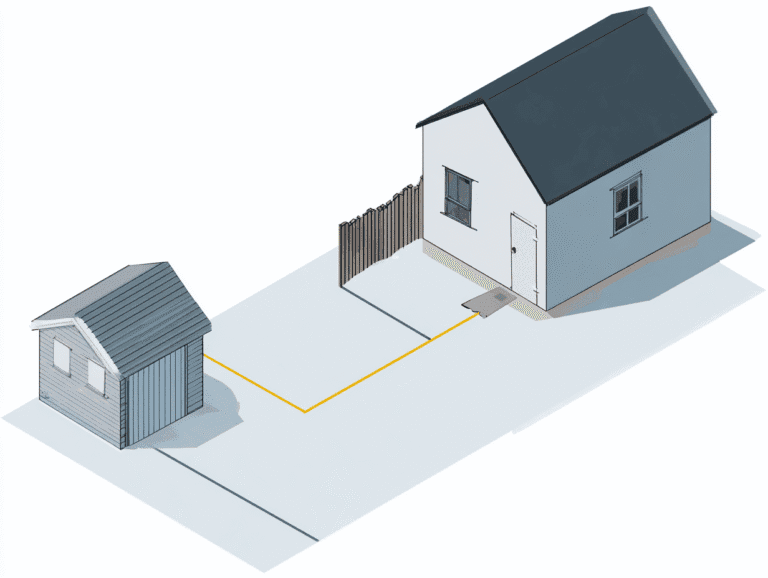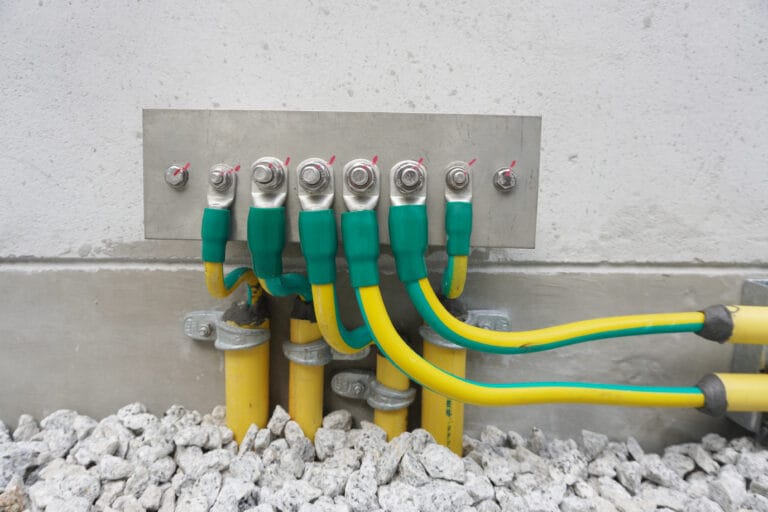Understanding Electrical Contracts
Electrical contracts are essential for any electrical project, whether it’s a small residential job or a large commercial installation. These legal documents clearly define the scope of work, responsibilities, timelines, costs, and terms for both contractors and clients. A well-drafted contract eliminates confusion, aligns expectations, and ensures everyone understands their duties from the beginning.
What Electrical Contracts Include
At their core, electrical contracts establish:
- The specific nature of the work to be completed
- Who is responsible for what tasks
- How much the work will cost
- When the project will be completed
- What happens if disputes arise
Every detail matters. Missed clauses or vague language can lead to expensive delays, legal battles, or unsafe installations.
Scope of Work: Clarity Above All
The scope of work section is non-negotiable. It spells out exactly what services the contractor will deliver—nothing more, nothing less.
Common inclusions:
Example:
If a contract only states “install lighting,†miscommunications arise. Instead, “install 50 LED downlights in offices A–D per manufacturer specs†sets clear deliverables.
Responsibilities: Both Sides Accountable
A successful project depends on both parties holding up their end:
Contractor Responsibilities:
Client Responsibilities:
Mutual clarity on these points prevents finger-pointing when challenges surface.
Key Components of Electrical Contracts
Robust contracts address every critical element:
Timelines in Electrical Contracts
Time is money—especially in construction and infrastructure projects. Clear timelines drive accountability:
Reliable contractors guarantee rapid response times and commit to resolving issues on the first visit. Clients expect clarity; contractors deliver it.
Costs Involved in Electrical Projects
Transparent cost structures protect both sides against surprise expenses:
Typical cost breakdowns include:
- Labor: Number of electricians/hours required
- Materials: Fixtures, wires, conduits
- Equipment rental: Scissor lifts, testing tools
- Permits/inspections: Municipality fees
- Contingency funds: For unexpected issues
Every item should be listed—no hidden fees allowed.
Terms Commonly Included in Electrical Contracts
Contracts go beyond just “what†and “when.†They define “how†business is conducted between parties.
Standard terms include:
Clients need peace of mind that their investment is protected; contractors require assurance they’ll be compensated fairly for their expertise. Well-crafted electrical contracts serve both needs with precision.
Upfront diligence saves time later—and builds trust that lasts beyond project completion.
The Role of Electrical Contractors in Projects
Electrical contractors are essential for the successful completion of any electrical project. They are responsible for ensuring that every phase of the project is carried out with precision and expertise.
Responsibilities of Electrical Contractors Throughout the Project Lifecycle
- Design and Planning: Electrical contractors work with architects and engineers to create detailed electrical plans that comply with all safety standards and regulatory requirements.
- Installation: They handle the installation of wiring, lighting systems, circuit breakers, transformers, and other electrical components. This includes both new constructions and upgrades to existing systems.
- Maintenance and Repair: Regular maintenance services are essential for preventing potential issues and ensuring the longevity of electrical systems. Contractors also offer repair services to address any malfunctions or damages promptly.
Importance of Installation and Maintenance Services Provided by Contractors
Role of Project Management in Ensuring Timely and Successful Completion
Effective project management is crucial for meeting deadlines and staying within budget. Electrical contractors often take on the role of project managers, coordinating various tasks to ensure a seamless workflow:
- Scheduling: Developing a detailed project timeline that outlines key milestones.
- Resource Allocation: Ensuring that materials, equipment, and labor are available when needed.
- Quality Control: Regular inspections to maintain high standards throughout the project.
- Communication: Keeping clients informed about progress and addressing any concerns promptly.
Electrical contractors’ involvement at every stage—from initial planning to final inspection—ensures that projects are completed efficiently, safely, and to the highest quality standards.
Navigating the Bidding Process for Electrical Contracts
Overview of How the Bidding Process Works Specifically for Electrical Contracts
Understanding the bidding process is crucial for both contractors and clients. For electrical contracts, it typically begins with a client issuing a Request for Proposal (RFP) or Invitation to Bid (ITB). Contractors review these documents to understand the project scope, requirements, and specifications. They then prepare their bids, which include detailed cost estimates, timelines, and qualifications.
Key Steps in the Bidding Process:
- Review RFP/ITB: Understand project details and requirements.
- Site Visits: Assess site conditions to tailor proposals accurately.
- Prepare Bid: Include cost estimates, timelines, and any other required documentation.
- Submit Bid: Follow submission guidelines meticulously to avoid disqualification.
- Bid Evaluation: Clients review and compare bids based on criteria such as cost, experience, and proposed timelines.
- Awarding the Contract: The client awards the contract to the most suitable bidder.
Tips for Submitting Competitive Proposals that Stand Out to Clients
Creating a proposal that stands out involves more than just offering the lowest price. It requires demonstrating value, reliability, and expertise.
Effective Tips:
Accurate Cost Estimation for Winning Bids
Accurate cost estimation is essential in winning bids while ensuring profitability. This involves detailed calculations considering all potential expenses.
Factors to Consider When Calculating Project Costs Accurately:
By meticulously addressing each aspect of cost estimation and presenting a well-organized bid proposal, contractors can increase their chances of securing electrical contracts while maintaining financial viability.











